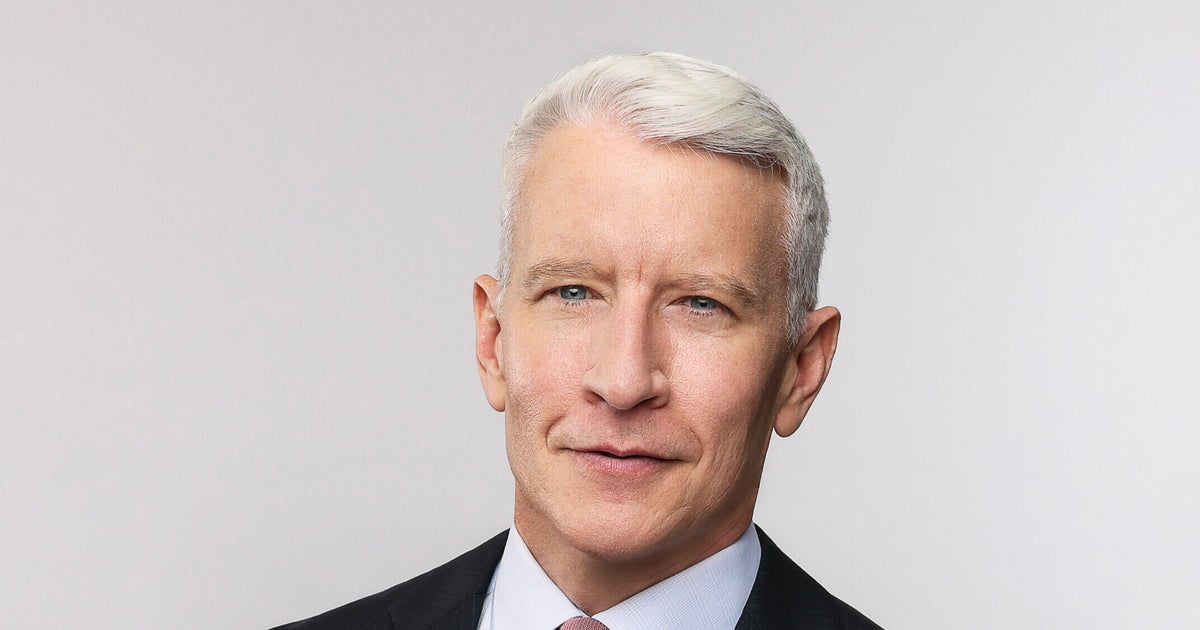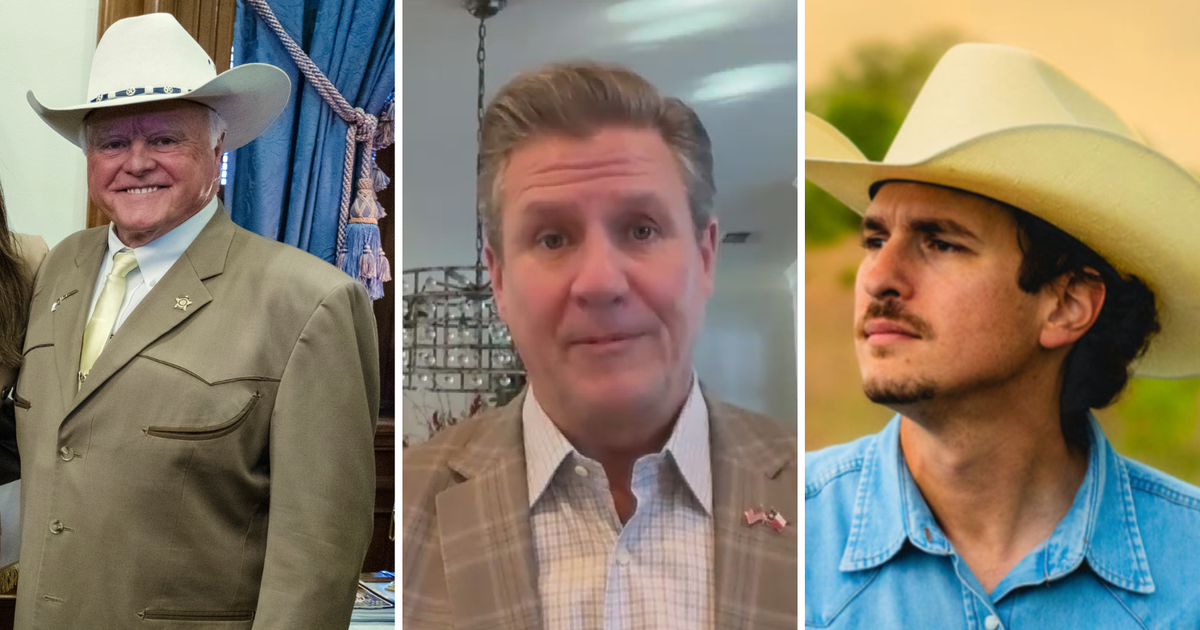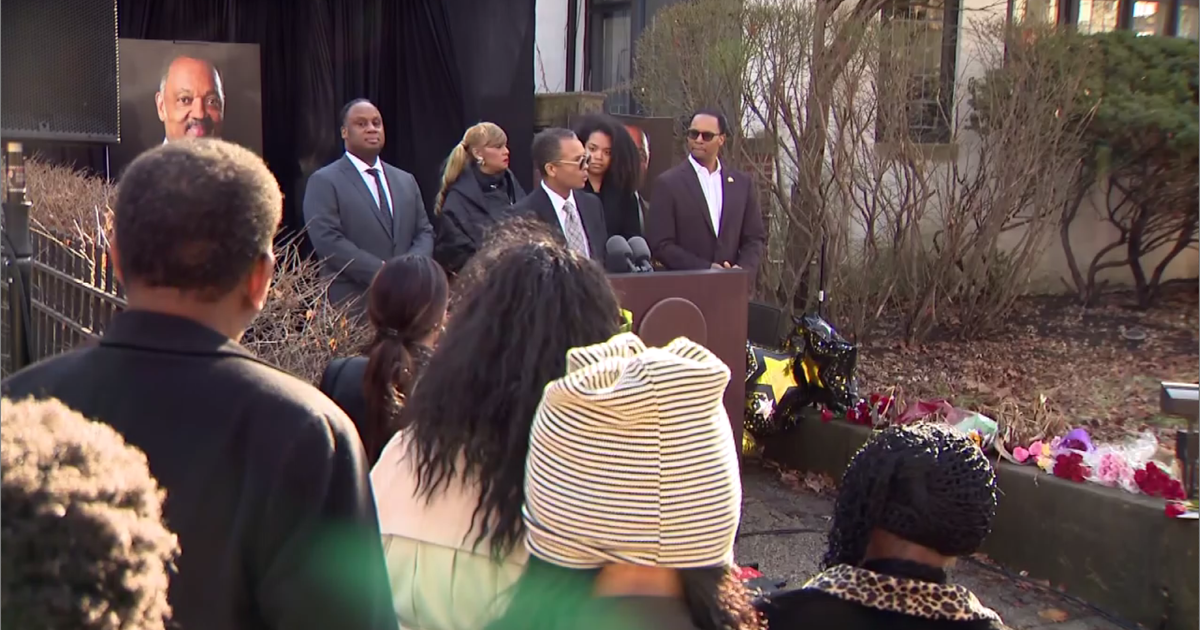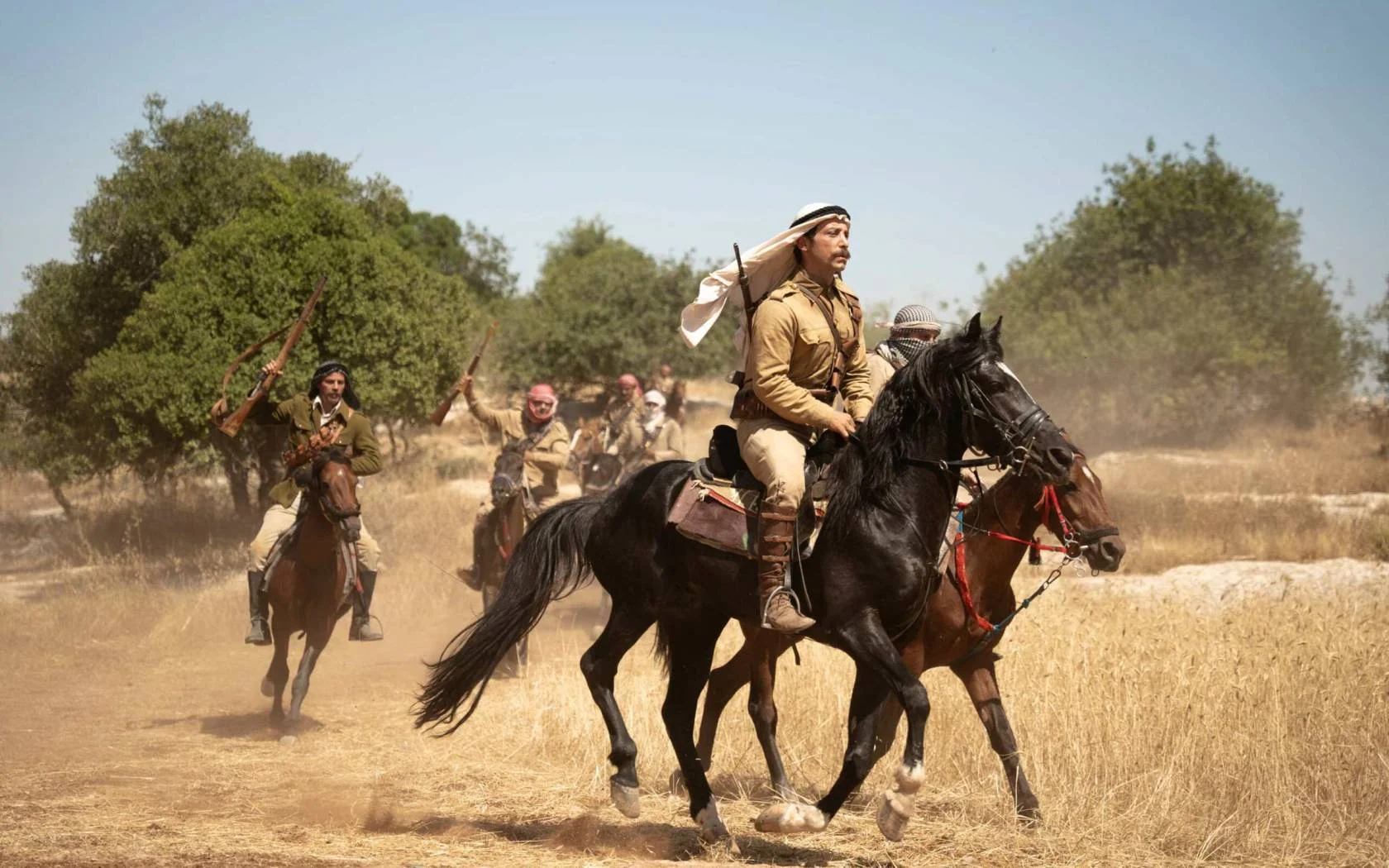The two sides of Clint Eastwood
Clint Eastwood has acted in and directed the same film 25 times, most recently in "Million Dollar Baby," which won him Academy Award nominations for Best Director and Best Actor. The movie is also in the running for the Best Picture statuette.
He says he effectively splits himself in two when engaged in the dual roles.
60 Minutes correspondent Lesley Stahl and the Hollywood icon reflect on his legendary career in this report for CBS News Sunday Morning.
His is a story that's still very much being written.
Clint Eastwood started out in Italian-made westerns, such as "The Good, the Bad and the Ugly," playing "the man with no name."
"The old spaghetti westerns," as he put it to Stahl.
"You almost didn't say anything," she noticed.
"(I) did three of those," Eastwood responded. "It wasn't necessary to say anything. They were all a visual experience."
But these days, says Stahl, both the man and the name are among the most recognizable in the world.
He's made nearly 60 films in 50 years, from shoot 'em up crime dramas, to cowboy and orangutan comedies, to romance, to character-driven dramas.
And he has directed 25 of them, beginning in 1974, with "Play Misty for Me."
With the release of his latest movie, "Million Dollar Baby," this former "B" movie star and sometime director is being lauded as a master of American cinema, Stahl says.
Does he think "Million Dollar Baby," which has been nominated for seven Oscars, is his best work yet? "You know, Lesley, I don't think it's up to me to know. …I'm always trying to do a — a good job. …and, yeah, I think I'm doing my best work right now."
At 74, Eastwood is not just doing his best work, he's doing most of the work. He stars in "Million Dollar Baby," but he also directed, produced it, and even composed its score, prompting Stahl to ask whether he considers himself a control freak.
"No," came the reply, "because I like the participation of everyone."
"Your reputation as a director," Stahl pointed out, "is that you're very quiet on the set, that you bring the movie in under-budget and ahead of time, which is, for the most part, unheard of. I heard you shot "Million Dollar Baby" in 38 days. Is that true?
"It was 37 days," Eastwood corrected her.
"Thirty-seven days?" Stahl repeated. "Oh, excuse me! But we have to nevertheless ask you how do you do that. How do you direct yourself? …Do you divide yourself into two people? It's just…seems so impossible."
"You just divide yourself into two people, yeah," Eastwood said.
"You do?"
"You do."
"What if," Stahl wanted to know, "Clint the actor needs a rehearsal, and Clint the director says, 'I'm not gonna rehearse you, Clint. I'm sorry.' "
"No, no," Eastwood said. "If Clint the actor wants a rehearsal he – obviously, there's a certain cooperation between the two people."
"Million Dollar Baby" is about the relationship between a woman, determined to become a prize fighter, played by Hilary Swank, and her jaded trainer, Eastwood. It was a movie that the studio, Warner Bros., did not want to make, Stahl notes.
"They saw it as a 'boxing movie,'" Eastwood explains. "I saw it as a love story."
"Well, which is it?" Stahl wondered.
"It's a love story," Eastwood said. "It's a father-daughter love story. And it's about hopes and dreams. And it's about people and the fragility of life."
Fragility of life? Who'da thought you'd hear such a thing from the guy who played "Dirty Harry," hard-as-nails inspector Harry Callahan, Eastwood's most famous role.
"You know," Stahl remarked, "I'm— I'm sitting here listening to you, and I'm thinking, "Dirty Harry" has — has become sensitive.
"Well," Eastwood countered, "I don't think he was insensitive then. …I think 'Dirty Harry' was probably sensitive toward the — the victims of violent crime."
Harry as a sensitive guy? Stahl wasn't buying it.
Eastwood feels a need to defend Harry, who was seen as the emblem of Hollywood's most violent movies.
"He felt the technicalities of the law were running the system which, in 1971, that was kinda the feeling people were getting."
"Well, he was kind of the hero…in the sense that he was fighting our battles," Stahl observed.
"Yeah," Eastwood said. "The average citizen liked it. Sociologists were disturbed by him."
"You want to say, 'Lighten up?'" Stahl wanted to know.
"Yeah, lighten up," Eastwood answered. "It's just a detective story. It's just one point of view."
But in 1992, Eastwood directed and starred in "Unforgiven," a kind of anti-western with a strong anti-violence message. There was no clear black-hat or white-hat.
It won four Academy Awards, including Best Picture and Best Director, and after nearly 40 years in the business, Eastwood was in a whole new filmmaking stratosphere.
Stahl said, "So much of your career up until the last couple of years really was spent playing the…squinter with the kind of sneer. …You're nothing like that. Where did that guy come from?"
"Really," Eastwood replied, "it's much more fun to play something you're nothing like than what you are. …It's much easier to hide yourself in a character."
And hide himself in his hardened characters he did.
Eastwood grew up in Northern California during the Great Depression. His father, Clinton Eastwood Sr., moved his family from town to town to get work.
"So what kind of a kid were you? Did you play football? Were you in the 'in crowd'?"
"No, I wasn't. I was kind of a— a— (chuckles) I was kind of a backwards – kid," Eastwood said, chuckling. "You probably hear this from everybody, 'cause almost everybody who gets into the — the film business, they're sort of a — the guys who are introverted and off to one side. But I didn't get into plays. I didn't do— I didn't want to be an actor. I just— I didn't want to stand up in front of any audience at all. That was the last thing I'd ever want to be involved with. I liked— I think I liked playing the piano."
Eastwood found a certain comfort at the piano, the one thing his family always took with them. His mother, who is 96-years-old, nurtured her son's love of music.
"Well," Eastwood recalled, "when I was 11-years old, I used to imitate records and try to bang 'em out on the piano. I drove— drove my mother crazy, I think. 'Cause — I'd be sitting there working a riff over 20 times in a — in a row."
"You taught yourself?"
"My mother knew how to read music and everything. But I just kinda learned off of records. And so, I was listening to records and I'd play 'em over and over. And in those days, they were '78s' and vinyl. So they'd get sort of gray after a while."
"You actually sang in a movie," Stahl reminded him. "Most people probably don't remember this. Didn't you burst out into full throttle, singing in "Paint Your Wagon?"
"Well, I didn't burst out into it. I sang in that picture— the way I thought the character would sing."
He doesn't sing too often, but he has composed songs for 10 of his movies, and now his 36-year-old son, Kyle, writes songs for his father's movies, too.
Kyle, who acted alongside his dad in "Honky Tonk Man," isn't the only one of Eastwood's seven children to appear in his films.
"Your daughter, Allison, was in 'Midnight in the Garden of Good and Evil.'"
"Yeah, and she was in 'Tightrope' years ago, when she was a young girl. She played my daughter."
Daughter Francesca was in the 1999 film, "True Crime," and daughter Kimber was in "Absolute Power" in 1997.
"You do this. You put your kids in."
"Yah, once in a while. If — if they're right for the part and they really want to do it."
"Are you a grandfather?"
"Yes, I am. …just call me gramps."
"OK. Gramps. Well, you're in pretty good shape."
He used to work out strenuously, every day.
"You were doing 1,000 pushups and 10,000 sit ups and 300,000 — I don't know. Do you still work out like that?"
"The 10,000 might be slightly exaggerated."
"Slight — a slight exaggeration?"
"But I still do. I still work out on a daily basis. And I like it. …In 'Million Dollar Baby,' it was great, because we had a gym. We had a whole gym there. …Everybody at noon time would see how many — who could do the most dips on the dip bar, you know. And…I did the most. And at 74, I could still do 30 of them. So that wasn't too bad."
Today, he is married to Dina Ruiz, a former television reporter who is 35 years younger. They have an eight-year-old daughter, Morgan, who appears in a scene with Swank in "Million Dollar Baby."
"I think she liked it," Eastwood says. "Whenever it comes on, she hides her eyes. You know, she can't watch it."
"Maybe she has some of your shyness?"
"Could be. But…I don't see it in any other — any other areas," he laughed.
Eastwood is up for a Best Actor Oscar for "Million Dollar Baby," an award he's never won. With the film also up for Best Picture, he's heading into this month's Academy Awards with, shall we say, cautious optimism.
How much does he want to win?
"I don't know. …You know, it's — you can't — I wanted it last year. We were up last year with "Mystic River." And it was the year of the hobbits."
"You want at least one?"
"You know, you just go there and you go there. …All you can do is just show up and hope it works your way."
Meantime, he's already working on his next film — about soldiers at the battle of Iwo Jima.
Will it be an anti-war movie?
"Well, it won't be necessarily a propaganda, war-is-great movie, that's for sure."
He's going to direct it, and as of now, he says he won't appear in the film. But that doesn't mean "Million Dollar Baby" is the last you'll see of Clint Eastwood, the actor: "I was very — very satisfied being in back of the camera, watching the younger people up in front— doing all the — the main work. …And then, all of a sudden, this came along and there was a — it was a good role for me. So I jumped into it. So I had to come — I had to un-retire before I retired, as far as the front goes. I didn't want to do one of those 'Frank Sinatra' retirements where you — you retire, and six months later, you're back out again.
"Yeah," Stahl remarked. "But you have."
"But I've done it."
"You've done it."
"I just didn't announce it."
"So, are you going to announce a retirement again," Stahl chuckled, "or are you just going to see what happens?"
"I'm just never going to say never. Or never say anything. That's the main thing. It's just — just keep my big mouth shut."



